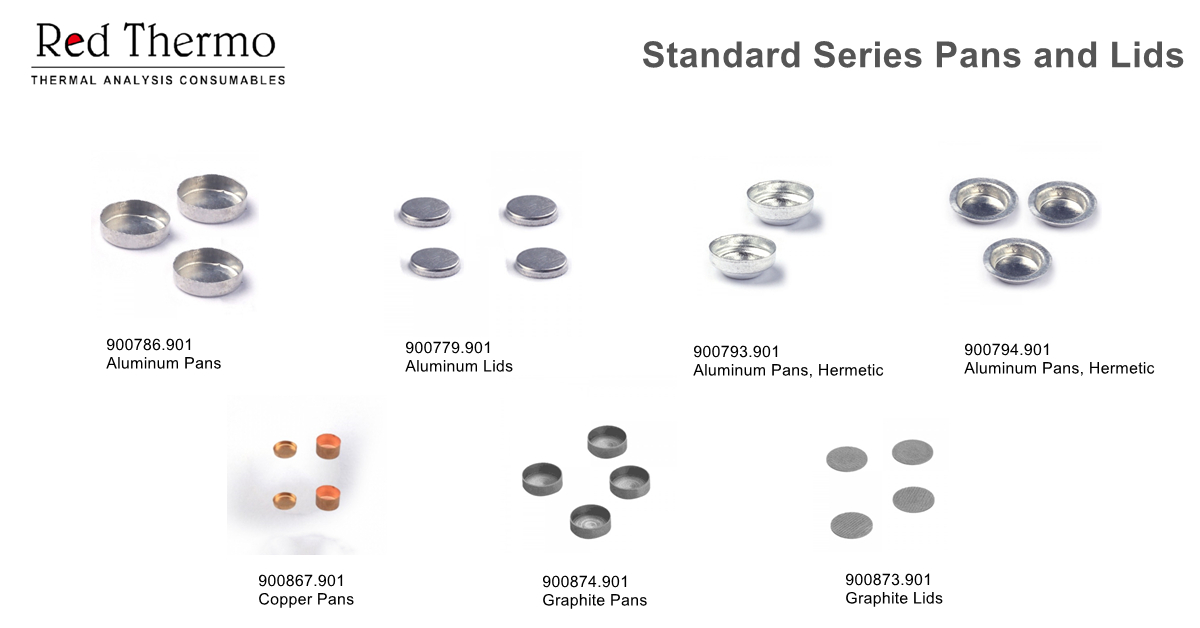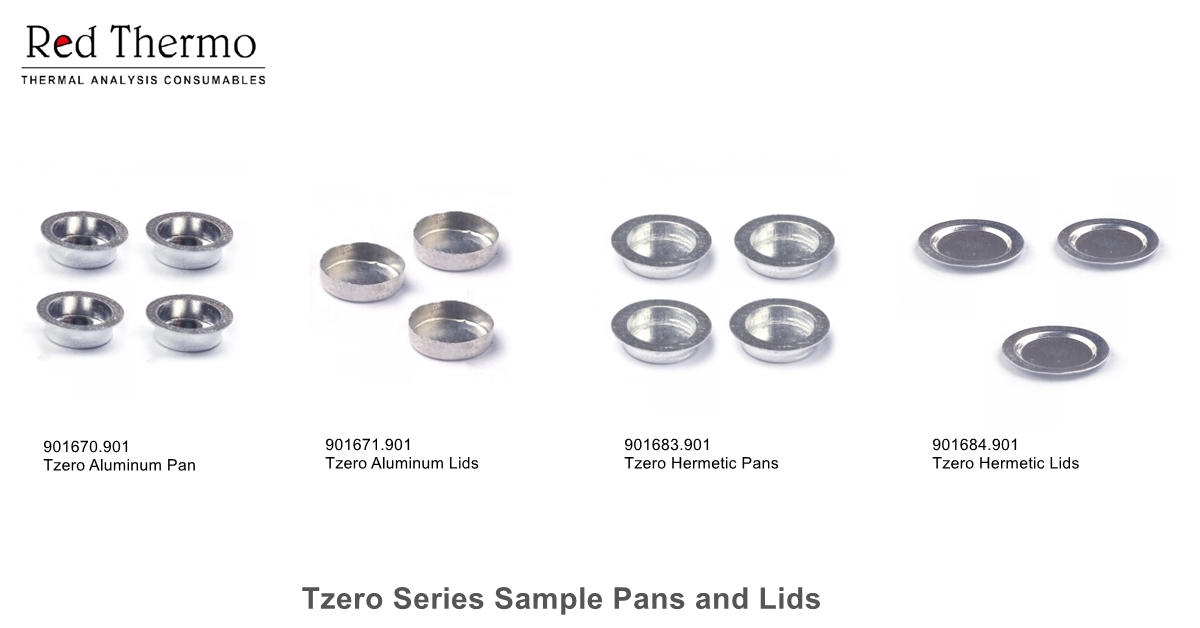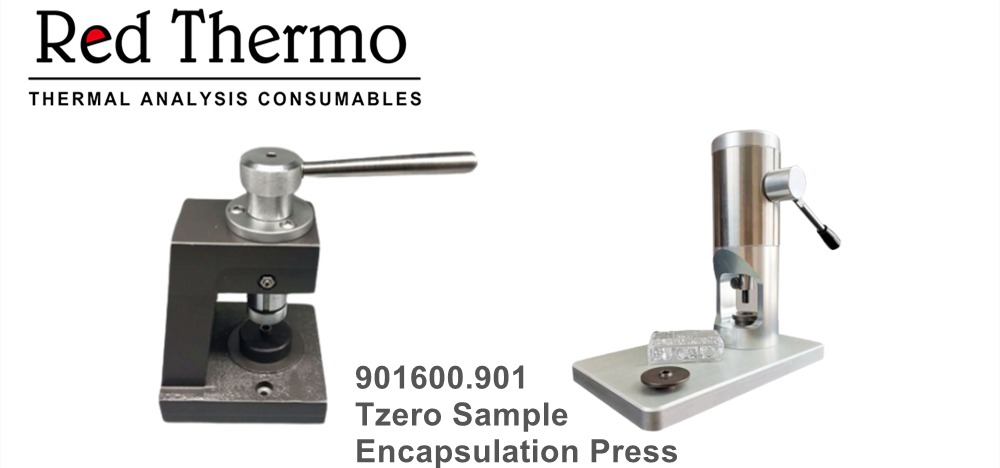Your cart is empty.
shop now
Your cart is empty.
shop now
The Differential Scanning Calorimeter (DSC) is a thermal analysis system that measures the temperature and heat flow associated with physical transitions of materials, such as phase changes, melting, and oxidation. It gathers quantitative and qualitative data on endothermic and exothermic processes, allowing scientists and engineers to identify material processing and end-use performance.
The system consists of the analysis instrument and a controller, which is a computer that provides an interface between the user and the instrument, and is used to set up experiments, enter constants, store data, and run data analysis programs.
Ⅰ Installing external accessories and configuring them as necessary.
Ⅱ Selecting and preparing a sample, involving the selection of the right size and weight, choice of the type and material of the sample pan, and encapsulating the sample into the pan.
Ⅲ Inserting the sample pan (as well as an empty reference pan that has been prepared in the same manner) into the cell or onto the Autosampler tray.
Ⅳ Inputting data regarding the experiment and process via the TA controller.
Ⅴ Initiating the experiment.
A. Connecting and configuring any necessary external accessories (e.g. purge gas, cooling device).
If a subambient experiment is being conducted with a LNCS, helium should be used as the purge gas. If a LNCS is being used for rapid cooling above room temperature (i.e. isothermal crystallization), nitrogen is an acceptable purge gas. When using an RCS 90 or RCS 40 for cooling, nitrogen should be used as the purge gas.
NOTE: Always ensure to use the same gas for both calibration and experiment runs.
B. Preparing a sample of the appropriate size and weight, selecting the sample pan type and material, and encapsulating the sample in the pan with the sample press kit.
The sample size and weight should be appropriate for the instrument to be used and should take into consideration the expected range of results. The sample pan type and material to be used should be selected depending on the expected range of results and the type of instrument to be used. The pan should be non-reactive to the sample and should not contaminate the results.


The sample should be encapsulated in the pan. The TA Instruments Q Series Tzero Sample Encapsulating Press is employed to create encapsulated samples for DSC experiments. It has both hermetic and non-hermetic die sets available.

C. Loading Sample Pans into the DSC Cell
Once the sample pan has been prepared and the sample data has been recorded, it’s time to load the sample pan into the DSC Cell. If an Autosampler is being used, the pans will automatically be loaded when the Autosampler sequence is initiated.
D. Beginning an Experiment
To initiate the experiment, press Start on the instrument control software, tap the START key on the instrument touch screen, or hit the Start key on the keypad (Auto Q20/Q20/Q10). Upon activation, the system will automatically conduct the experiment until it is finished.
E. Stopping an Experiment
You can halt the experiment at any moment by selecting 'Stop' in the instrument control software, tapping the 'STOP' button on the instrument touchscreen, or pressing the 'STOP' key on the keypad (Auto Q20/Q20/Q10).
Tzero Sample Encapsulation Press
| Part No. | Description |
Tzero Sample Press Kit |
Standard Series Pans and Lids
| Part No. | Description |
Aluminum Pans | |
Aluminum Lids | |
Aluminum Pans, Hermetic | |
Aluminum Lids, Hermetic | |
Copper Pans | |
Graphite Pans | |
Graphite Lids |
| Part No. | Description |
Tzero Aluminum Pans | |
Tzero Aluminum Lids | |
Tzero Hermetic Pans | |
Tzero Hermetic Lids |